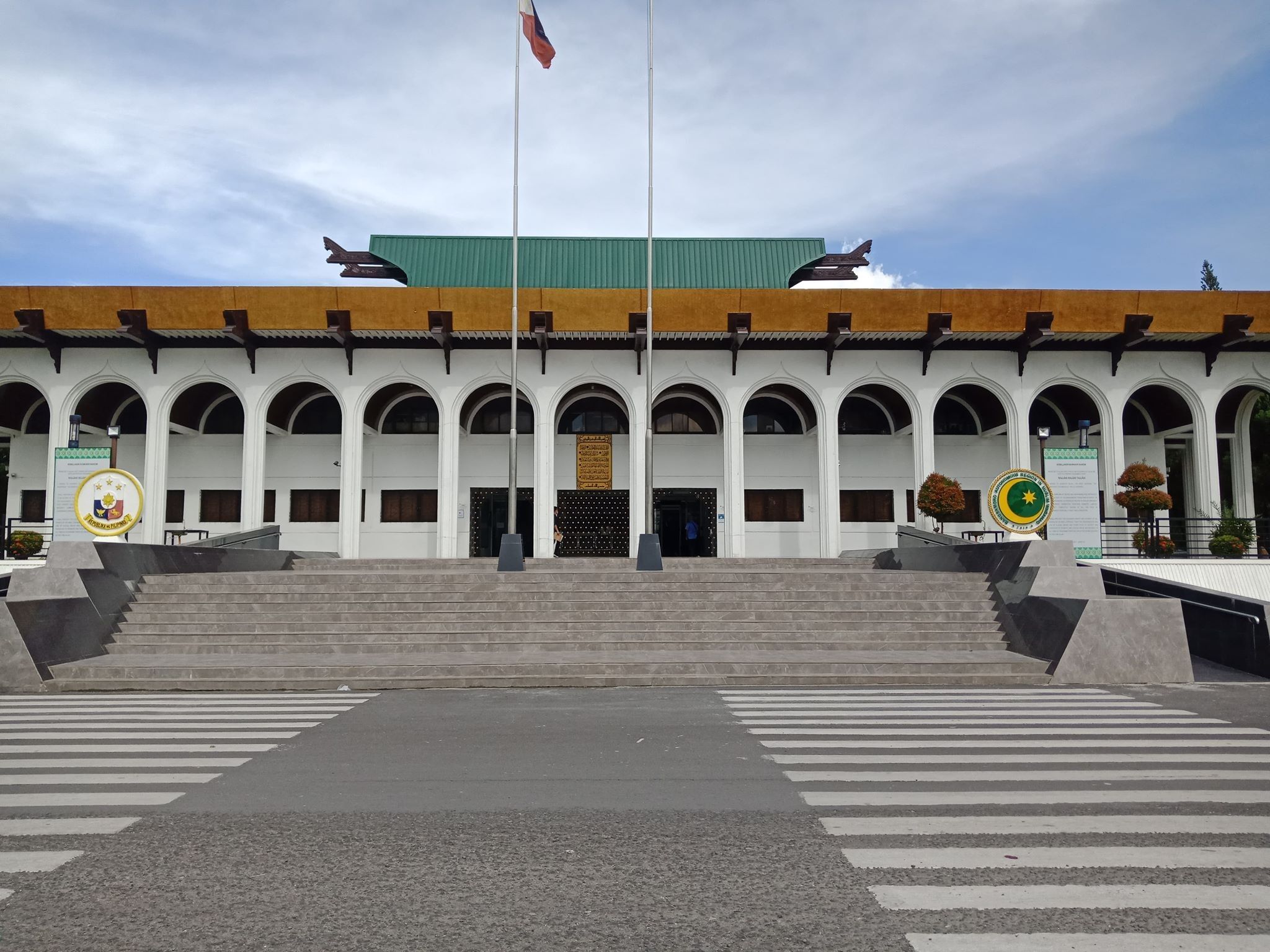BARMM Council of Leaders formation a 'significant step forward' – Marcos admin officials

MANILA, Philippines — Several officials of the Marcos administration hailed the Bangsamoro Autonomous Region of Muslim Mindanao's (BARMM) establishment of the Council of Leaders as an intergovernmental relations framework.
BARMM Chief Minister Ahnod Ebrahim on Wednesday called the council's first general meeting–a body created through the Bangsamoro Organic Law (BOL), which has the authority to give advice to the Chief Minister, particularly about regional governance matters.
Section 9 of Republic Act 11054 states that the BARMM interim chief minister heads the Council of Leaders, with the province governors, mayors of chartered cities, and congressional representatives from the region as its members.
Other sectors' representatives include traditional leaders, non-Moro indigenous groups, women, settler groups, the Ulama, young people, and Bangsamoro communities outside the Bangsamoro Autonomous Region.
The BARMM governors' visionary leadership was praised for fostering increased multi-sectoral inclusiveness in the region's peacebuilding, as well as economic development efforts.
The president's Special Assistant Antonio Ernesto Lagdameo Jr., who conducted the oath-taking for council members, applauded the council's role as a forum for addressing issues, settling disputes, and building agreement.
"By bringing together different voices, perspectives and expertise, the council can play a pivotal role in shaping the future of the Bangsamoro region (by) ensuring that the needs and aspirations of all are heard and considered," he said.
Presidential Assistant David Diciano, who represents Presidential Adviser on Peace Reconciliation and Unity Sec. Carlito G. Galvez Jr., emphasized the relevance of the council for the improvement of the Bangsamoro government structure.
He pointed out that the BARMM government could include local chief executives in discussions about governance and open a channel for a more successful launch of the Normalization Program.
The Normalization Program, one of the comprehensive agreement on the Bangsamoro's primary provisions, strives to guarantee that Moro Islamic Liberation Front fighters return as peaceful and valuable members of society.
"The composition of this council is a reflection of the 'jointness' of our governments. All of the interventions we are carrying out are a product of synergy and complementation. This is the power of convergence," he stressed.
Amenah Pangandaman, Department of Budget and Management secretary, cited Marcos' new brand of governance as a testimony of its continuous commitment to advancing regional prosperity.
"Ang Bagong Pilipinas ay nagtutulungan at nagkakaunawaan sa kabila ng pagkakaiba ng relihiyon, kulay at pinagmulan. At ang Bagong Pilipinas ay mas pinatatag ng pagkakaisa," Pangandaman said.
Pangandaman said that the government allotted P80.6 billion to the local government units in Bangsamoro, from the P5.768 trillion National Expenditure Program for fiscal year 2024.
She continued by saying that P2.5 billion has been allocated for infrastructure development projects in the BARMM, as part of the PAyapa at MAsaganang PamayaNAn, also known as the Peaceful and Resilient Communities Program. — Intern, Bless Aubrey Ogerio
- Latest
- Trending






























